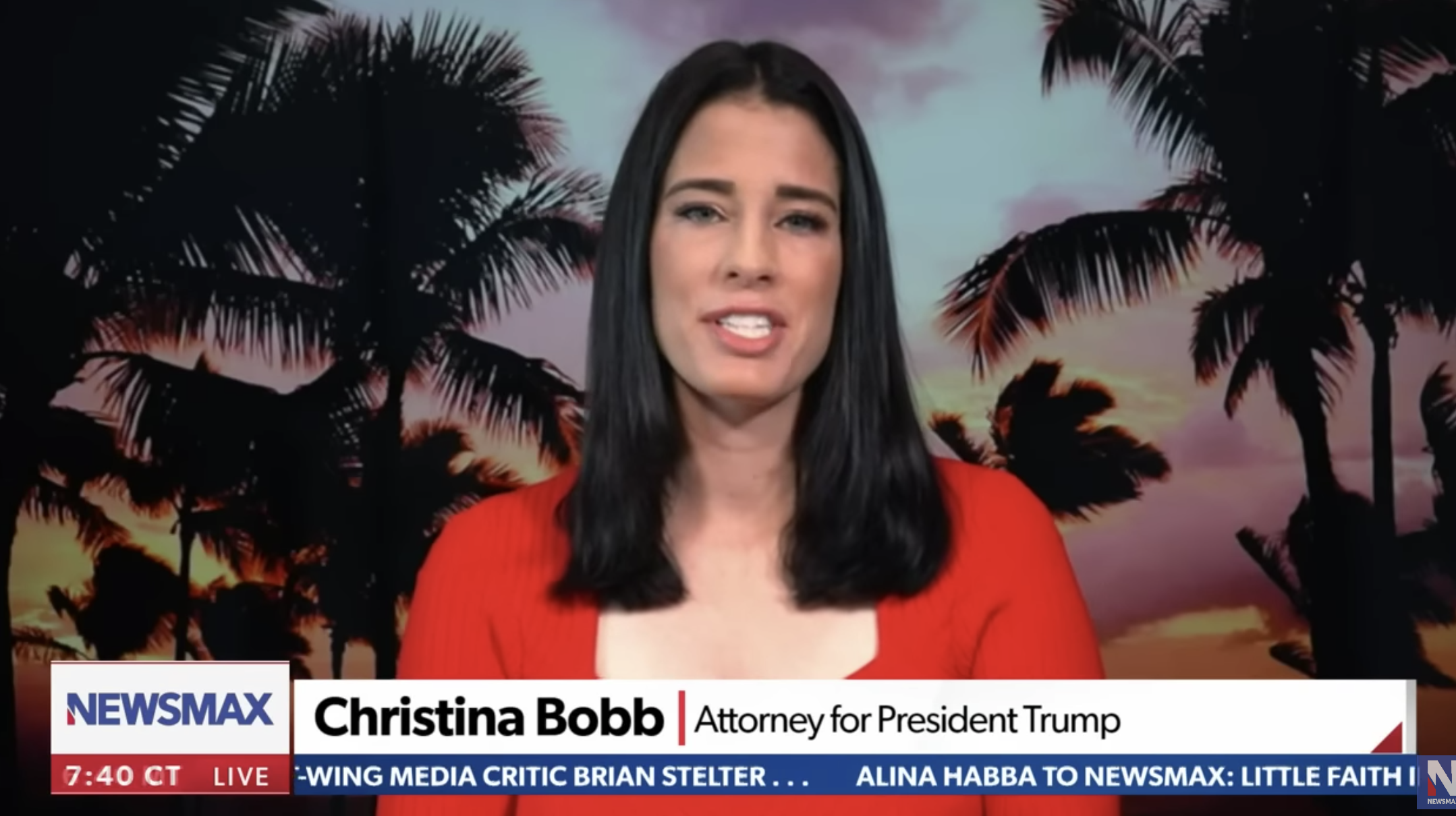Aileen Cannon’s Special Master Is Designed to Preempt Decisions Reserved for a Jury
As I reported, Aileen Cannon denied the government’s motion for a stay and issued her order laying out what she expects Raymond Dearie to do. Having considered her order, I’m fairly certain that this is a plan not for a Special Master, but rather a plan to seize back the materials, and along the way, punish the government for having the audacity to investigate Trump, much less tell him what is and is not classified.
Here are the relevant documents and some other Special Master materials to compare to.
Joint response on Special Master
Trump proposal for Special Master
DOJ proposal for Special Master
Kimba Wood’s order of appointment for Michael Cohen (docket)
Paul Oetken’s order of appointment for Rudy Giuliani (docket)
Analisa Torres’ order of appointment for Project Veritas (docket)
Before I lay out how Cannon has set up this SM review to allow herself the means to steal US government property and punish the government, consider the following:
- Cannon has already upended the logic of a lawful warrant, in which the government has presumptive retention of the seized materials, by instead assuming that the government can only retain materials they prove ownership of. Cannon has largely ignored the nature of the suspected crimes here, and the degree to which her decisions would claw back materials that are evidence of a crime.
- Cannon has created the harm she intends to correct, most obviously by refusing to let the government share potentially privileged material, and then pointing to their retention of potentially privileged material as the harm she must address.
- Cannon has already told the government, repeatedly, that she can override their classification decisions and withhold materials based on an Executive Privilege claim that under the Presidential Records Act, would prove it belongs in NARA (indeed, at each step, Cannon has been more insistent that Trump has EP claims than he has).
Cannon’s order denying the stay continues those three stances. She cited her own claim — based off misrepresentations and inventions — that were disputes about privilege and non-evidentiary personal material. Rather than demand that Trump show ownership and harm (the standards she needed to find under binding precedent), she instead said he simply hadn’t had a chance to make his case:
Plaintiff has not had a meaningful ability to concretize his position with respect to the seized materials given (1) the ex parte nature of the approved filter protocol, (2) the relatively generalized nature of the Government’s “Detailed Property Inventory” [ECF No. 39-1], and (3) Plaintiff’s unsuccessful efforts, pre-suit, to gather more information from the Government about the content of the seized materials
Again, it was Cannon’s own order that forestalled a privilege discussion, and she now cites it to justify her decision. Cause the harm, then fix it. Finally, she lays out a claim that the government does not have a monopoly on determining what is classified.
The first premise underlying the Motion is that all of the approximately 100 documents isolated by the Government (and “papers physically attached to them”) are classified government records, and that Plaintiff therefore could not possibly have a possessory interest in any of them.
From the very start, Aileen Cannon has asserted — often more aggressively than Trump — that the government cannot make decisions with regards to classification and privilege that, under the Constitution, are reserved for the government.
With all that in mind, consider the following aspects of her order. First, taken literally, her order instructs the government to give Dearie the actual documents seized, not copies.
At a minimum, the Government shall make available to the Special Master the Seized Materials, the search warrant executed in this matter, and the redacted public versions of the underlying application materials for the search warrant. [my emphasis]
Effectively, she took out the government’s use of the word “copy” in this passage.
In particular, the government will provide to the Special Master a copy of the Seized Materials without Classification Markings, the search warrant executed in this matter, and the redacted public version of the underlying application materials for the search warrant.
In both the Rudy and Cohen Special Master reviews, the government provided the Special Master copies. Admittedly, those reviews were largely digital evidence, but her order states the government only needs to give copies of potentially privileged items to Dearie.
The Privilege Review Team shall provide copies of the potentially privileged documents to Plaintiff’s counsel. [my emphasis]
That is, taken literally, Aileen Cannon is ordering the government to deliver 11,258 government documents — the originals — into the possession of a Special Master controlled by her, the disposition of which she will determine. That disposition will, in many ways, pertain to classification and Executive Privilege, topics about which she has already asserted she can override the government.
The first thing Dearie is to do after receiving these materials is to double check the government’s inventory.
Verifying that the property identified in the “Detailed Property Inventory” [ECF No. 39-1] represents the full and accurate extent of the property seized from the premises on August 8, 2022, including, if deemed appropriate, by obtaining sworn affidavits from Department of Justice personnel;
I’ve not seen this in Special Master reviews before. It seems designed to give Trump and Cannon reason to invent a Fourth Amendment harm (again, at the Special Master stage, not at a suppression stage) where there is none.
For each of the reviews she is asking Dearie to conduct, the two sides present their designations. If they agree, the items are disposed of according to the “parties’ agreement.”
If the Privilege Review Team agrees with Plaintiff’s position, the subject document shall be handled in accordance with the parties’ agreement.
[snip]
If the Government agrees with Plaintiff’s position, the subject item or document shall be handled in accordance with the parties’ agreement.
The problem with even this part of her order is that the parties don’t agree what happens with the various categories! Trump’s proposal only addresses what happens with Presidential Records. He concedes they should go to NARA, but he wants to be able to challenge access once they get there.
Once the Special Master has completed the review process set forth in this Order and any dispute has been fully adjudicated, any documents identified as Presidential records will be returned to the Archivist of the United States, and the process under the Presidential Records Act, 44 U.S.C. § 2204, will be followed to determine the assertion of any restriction on access.
The implication is that personal items — even items responsive to the warrant — will go back to Trump’s possession.
DOJ doesn’t actually address what happens with personal items, aside from giving NARA a chance to dispute Trump’s claim. But it only envisions returning privileged items, and in that case, only those that are attorney-client privileged.
iii. For any documents and items claimed by Plaintiff as personal documents and items – not privileged, the Special Master will review the claim in consultation with NARA;
iv. For any documents claimed by Plaintiff as personal documents – privileged as attorney-client communications or qualified work-product immunity, the Special Master will submit those additional potentially privileged documents to the government’s filter team and follow the process in 4(a);
v. For any documents identified as Presidential records – not claimed by Plaintiff as subject to Executive Privilege, those documents shall remain in custody of the government, with copies sent to the Archivist of the United States, and may be used by the government forthwith for any lawful purpose, including in the government’s criminal investigation;
vi. For any documents identified as Presidential records – claimed by Plaintiff as subject to Executive Privilege, copies of those documents will be sent to the Archivist of the United States, and the process under the Presidential Records Act, 44 U.S.C. § 2201 et seq., may thereafter be followed.
Cannon, on her own, gave Dearie authority to make Rule 41(g) determinations, meaning Trump can demand stuff lawfully seized under a warrant rather than waiting until he is charged and suppressing it.
Evaluating claims for return of property under Rule 41(g) of the Federal Rules of Criminal Procedure;
Because Cannon didn’t decide what will happen with various categories of documents, it is guaranteed there will be disputes.
That may be by design. In cases where there is a disagreement, Dearie makes a decision, but if one side still disagrees, then it goes to Cannon. She will not review his recommendation in such cases, she will make a de novo determination.
If the Government agrees with Plaintiff’s position, the subject item or document shall be handled in accordance with the parties’ agreement. If the Government disagrees with Plaintiff’s position, the dispute shall go to the Special Master for a report and recommendation and, if either party objects to the report and recommendation, to the Court for de novo review and decision.
To be clear: both sides asked Cannon to apply a de novo standard in case of a challenge to Dearie’s ruling (it may be standard for that circuit). It is a problem primarily because she hasn’t determined what will happen to various categories of items. And about several of those items — such as classified documents that Trump claims he owns — she has already said she sides with him. So all Trump has to do to steal classified documents, Aileen Cannon has made clear, is appeal Dearie’s decisions, and she’ll do what she has said she would do from the start: override the government’s decisions about both classification and Executive Privilege.
Cannon’s stated predisposition in the matter is problematic for another reason. There’s boilerplate that appears at the end of Special Master appointments. This is Trump’s version (DOJ’s version has stronger language about a protective order).
15. The Special Master will be discharged or replaced only upon order of this Court.
16. The parties and their agents and employees will observe faithfully the requirements of this Order of Appointment and cooperate fully with the Special Master in the performance of their duties.
17. The parties and their agents and employees will observe faithfully the requirements of this Order of Appointment, cooperate fully with the Special Master in the performance of their duties, and comply with the judicial protective order that shall follow – which will set forth restrictions on the disclosure by any person with access to Seized Materials and any documents generated in connection with this Order of Appointment.
18. The Court reserves the right to remove the Special Master if the Court finds that the parties are not expeditiously completing this work. [my emphasis]
But in her order, Cannon replaced the boilerplate about removing the Special Master if things are not moving along with language that gives her authority to remove him unbound by any specific reason.
17. The Special Master shall be discharged or replaced only upon order of this Court. The Court reserves the right to remove the Special Master.
18. The parties and their agents and employees shall faithfully observe the requirements of this Order and fully cooperate with the Special Master in the performance of their duties.
19. Consistent with and in furtherance of this Order, the Court will separately enter a judicial protective order that sets forth restrictions on disclosure for both the Special Master and the parties, and any agents or employees thereof. The parties shall submit a proposed protective order within five (5) calendar days following the date of this Order. [my emphasis]
In other words, the same judge who has unilaterally decided that she can override government determinations about classification and Executive Privilege has also reserved for herself the right to replace Dearie for no reason.
And to be honest, while the statement Dearie signed is entirely boilerplate, I am concerned that if there are materials pertaining to Carter Page’s FISA in there (I think it likely that Trump had a copy somewhere, though both earlier batches of documents included FISA information so the government may already have it back), then it would represent a conflict, because it might make him a witness to claims Trump wants to make about injury to himself.
3) Where he has served in governmental employment and in such capacity participated as counsel, adviser or material witness concerning the proceeding or expressed an opinion concerning the merits of the particular case in controversy;
At the very least, the terms of this order, combined with Cannon’s repeated insistence that she has the authority to override the government on issues of classification and privilege means she will decide, herself, issues that would go to the core of the crimes of which Trump is suspected. In Espionage Act trials, juries get to decide whether something is National Defense Information, but Cannon has set this review up such that she can decide all those issues on her own, without a jury, before Trump is ever charged.
But it is really really easy to see how Cannon replaces Dearie with Paul Huck Jr, who is basically a Republican lobbyist, and with him starts to invent more harms she can then adjudicate. And at that point, Judge Cannon would use this Special Master review to make yet more false claims of abuse on the part of DOJ.
Go to emptywheel resource page on Trump Espionage Investigation.


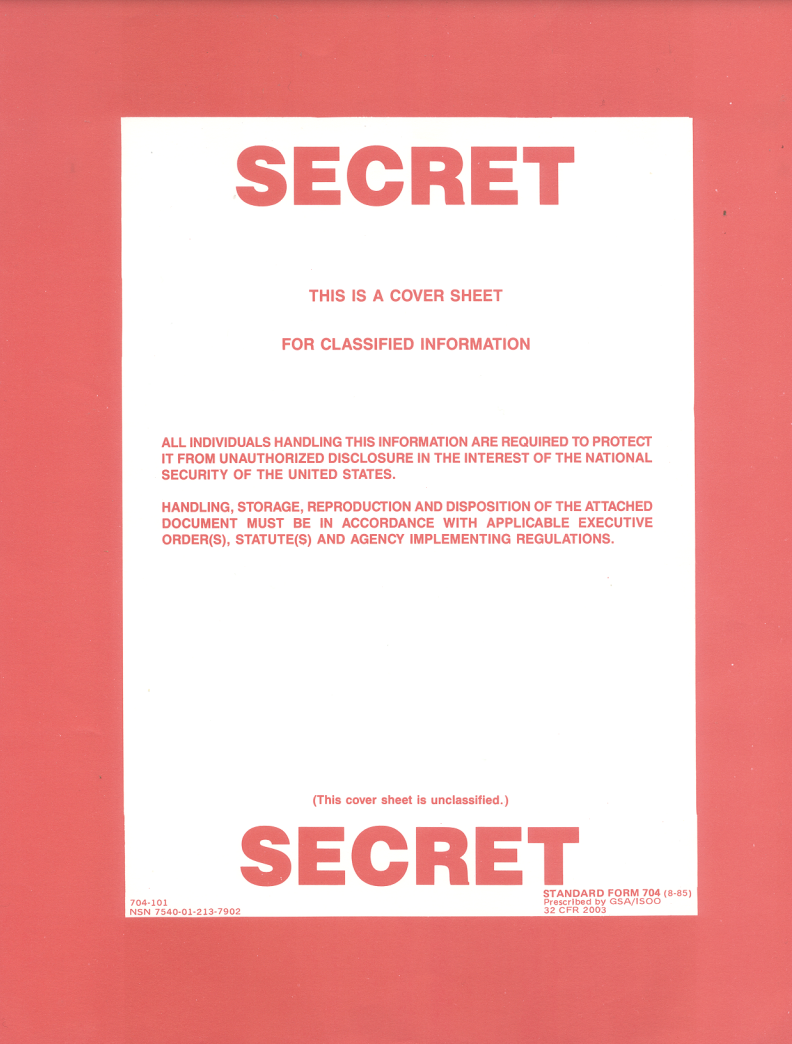
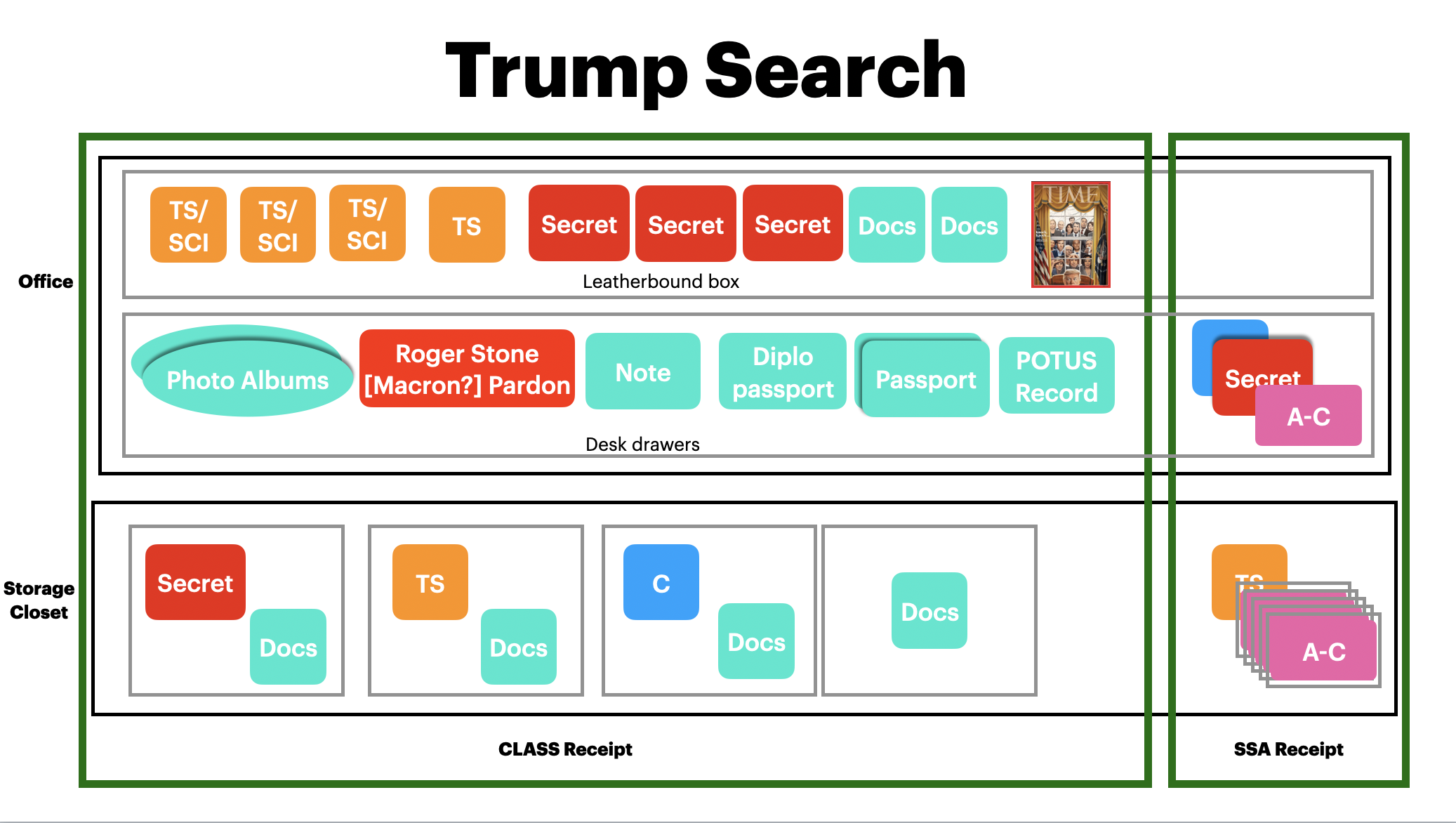
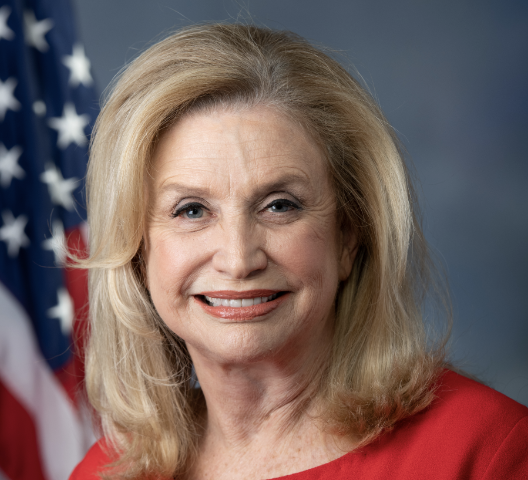
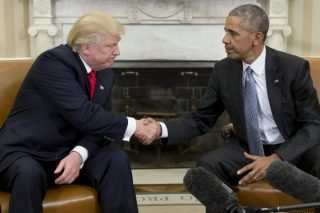
![[Photo: National Security Agency, Ft. Meade, MD via Wikimedia]](https://www.emptywheel.net/wp-content/uploads/2017/08/NationalSecurityAgency_HQ-FortMeadeMD_Wikimedia.jpg)
